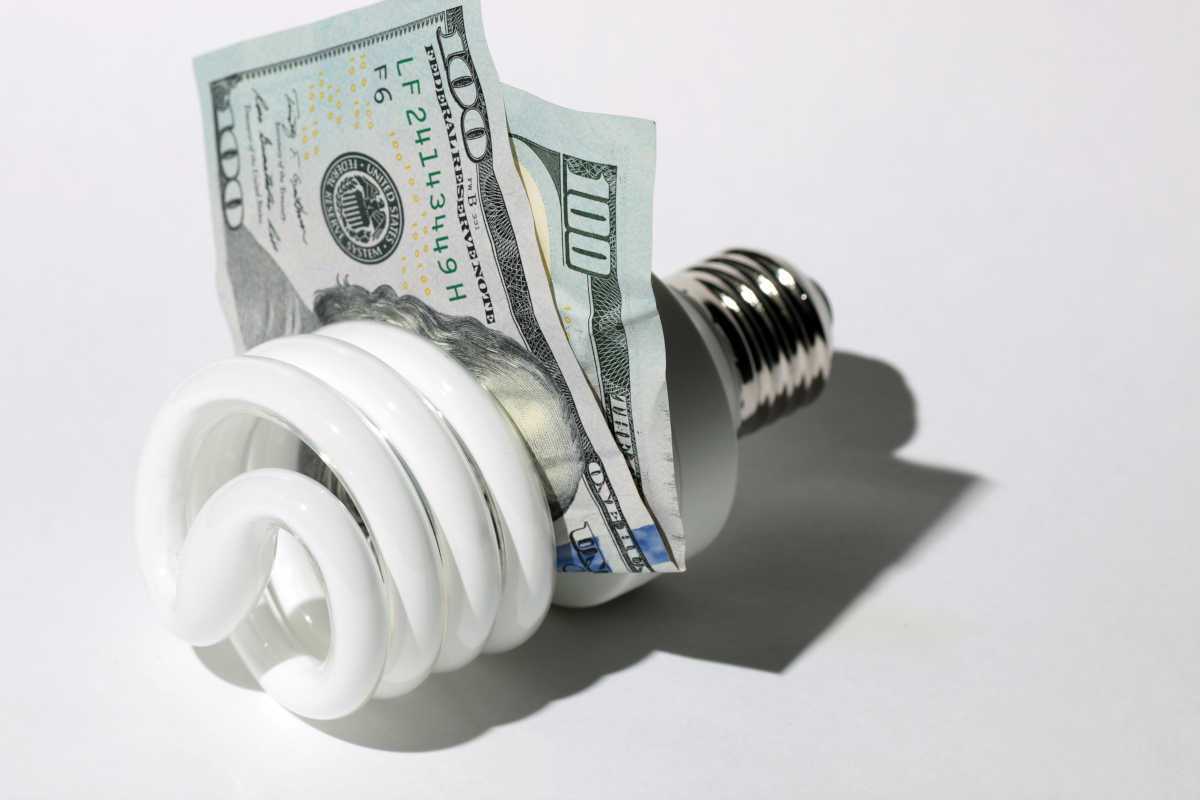The end of the month has arrived, along with that same old utility bill. The cost of electricity can be a huge dollar amount, especially in larger homes with larger families. The utility bill has become just a part of life. Driven by the energy consumption of fridges, washing machines, lighting, and so much more, the electricity consumption of your home is dependent upon many things that often cannot be helped. However, there are a few household items that take up a surprising amount of electricity that you may not have thought about!
Changing the way that you and your family uses these 5 common items could actually make a difference in that monthly bill in your mailbox! Here’s a list of these sneaky electricity users and some suggestions on how to decrease their energy use.
Charged Electronics
Personal electronics are a part of our everyday routine, whether it is our smartphones or our laptops. There’s no avoiding charging your device, but between 100% battery life and the idle time it spends charging afterwards, it becomes a major energy consumer. Leaving your cellphone or your laptop plugged in after it has reached a full charge still pulls in a decent amount of electricity. This does no good for your electricity bill, and it actually is worse for your device as well. Leaving your electronics plugged in past the full charge does damage to its long-term battery life.
The Solution: Immediately disconnect your electronic device from its charger when it gets to 100%. Unplug the actual charger, then do it all again when it’s time to charge again. Don’t plug in your devices at night when you go to sleep. That’s 8+ hours of idle charging time that racks up the dollar signs on your electric bill.
Game Consoles
Xboxes, PlayStations, Wiis…the number of consoles that are available grow every day, providing entertainment and family fun. However, whenever those devices are on and not being used, it sucks up a lot of electricity to keep it powered.
The Solution: If you’re going to step away, turn the console off. Never let it linger and go idle, as this can use unnecessary energy. Unplug these devices when you travel, as well.
DVRs and Set-Top Boxes
Surprisingly, your DVR or cable box can use as much energy as your refrigerator: one of the largest energy consumers in your home. These devices are always in standby, waiting to be used, which means that they constantly pull in energy just in case you press the On button on your remote. So not only do they use energy when they are on as you are enjoying television, but they are also using energy when they are off.
The Solution: Like the consoles, turn off the TV when you step away. Then unplug the actual DVR or Set-Top boxes when you know you aren’t using them or are traveling for a period of time. This could save you quite a few dollars on your next bill.
Ceiling Fans
Summer time in Colorado means lots of dry heat. Especially if you do not have an AC system, like most older homes and apartments have, then ceiling fans are your only source of cool air. However, when they are big electricity users, so if you can help it, switch them off.
The Solution: Don’t keep the fans on for long periods of time, like when you are out of the house, or at night time when you’re sleeping. You could also upgrade to a more energy efficient model of ceiling fans, which could save you some money as well.
Microwaves
Just like DVRs, microwaves use energy both when they are on, and when they are off. When you’re not using your microwave, it sucks in constant amounts of energy to keep the buttons lit and the clock on. Then the energy levels jump to an all-time high when they are in use.
The Solution: Unplug your microwave when you’re not using it. Keep electricity levels low by only using the microwave when necessary. You could do this by doing things like avoiding defrosting meat in the microwave, letting it sit on the countertop for a few hours instead.
Take Charge of Your Energy Usage and Your Utility Bill
Though they seem small, these 5 household items are mighty when it comes to electricity use, even when they are not being used. If you’re trying to cut down your electricity bill, or want to be more energy efficient, these small changes in the way that you use these everyday items could make a huge difference in the long run.
By paying attention to these everyday electricity guzzlers, you can start reclaiming control over your monthly energy expenses, without sacrificing comfort or convenience. From unplugging devices to being strategic about usage times, small adjustments can lead to significant savings. Ready to take the next step toward a more energy-efficient home? Start today by conducting a quick energy audit of your space and making these easy, cost-effective changes.
Call WireNut Home Services today at (719) 227-1411 or contact us online to learn more innovative ways to conserve energy and save money.

